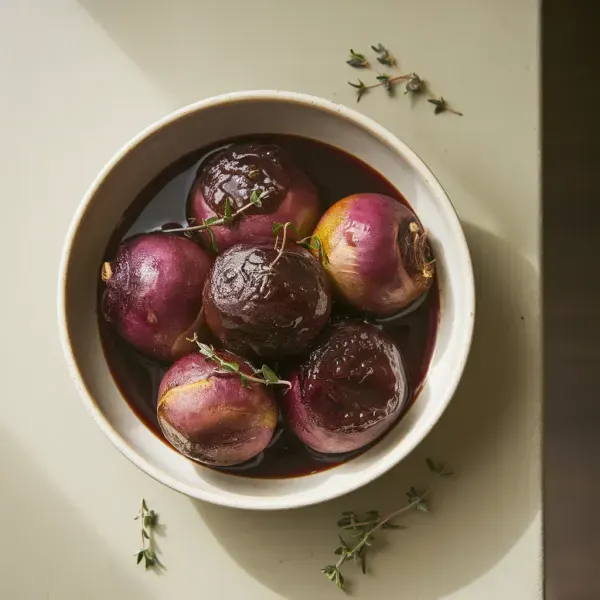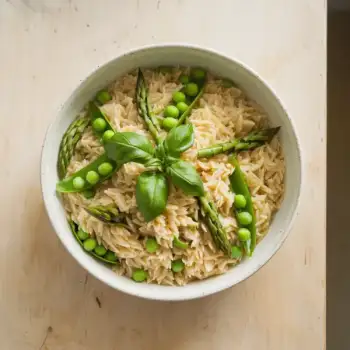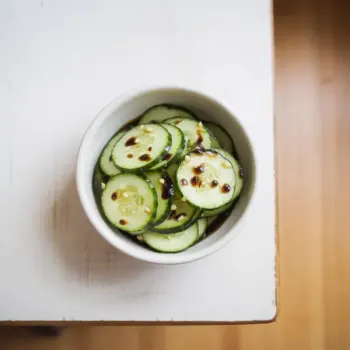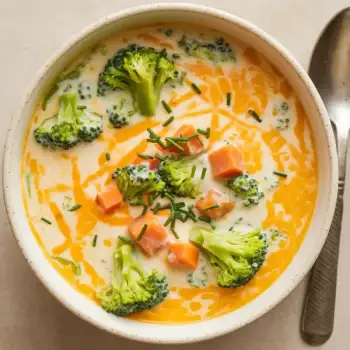
 50 minutes
50 minutesThis delightful dish brings the earthy sweetness of turnips together with the rich, deep flavors of Chianti, creating a sophisticated yet simple side that pairs beautifully with hearty main courses.


Medium Turnips, trimmed, peeled, and cut into wedges
0 lb
cups
cups
cups
to taste
Black Pepper, coarsely ground
to taste
1. Boil and Simmer Turnips
Place the turnip wedges in a medium pot and pour in enough Chianti to cover them. Bring to a boil over medium-high heat. Once boiling, reduce the heat, cover the pot, and simmer gently for about 40 minutes, until the turnips are tender but still hold their shape.
2. Reduce Wine
Drain the turnips using a strainer, reserving the wine they were cooked in. Set the turnips aside in a bowl. Return the reserved cooking liquid to the pot and boil it down for 7 to 10 minutes, or until it becomes a syrupy glaze.
3. Create Glaze
Remove the pot from the heat and stir in the honey, blending it smoothly with the wine reduction.
4. Combine and Season
In a bowl, combine the glazed turnips with the red wine vinaigrette, stirring gently to coat evenly. Season with Maldon sea salt and coarsely ground black pepper to taste.
Opt for smaller, young turnips as they tend to be sweeter and less woody. Their skin should be smooth and free from blemishes. If the greens are attached, they should be fresh for an additional flavor boost (you can sauté them separately if desired).
Peel the turnips meticulously to avoid any bitterness from the skin affecting the dish. Cube them uniformly to ensure they cook evenly.
Start by sautéing your aromatics—such as onions and garlic—in a generous amount of good quality olive oil. This will infuse the oil with flavor, which the turnips will absorb during the braising process.
Keep the heat at a gentle simmer rather than a rolling boil. This slow cooking process allows the flavors to meld and ensures the turnips become tender without falling apart.
Use a mid-range Chianti wine—something you wouldn't mind drinking. A wine that's too cheap might not impart the best flavor, while an expensive bottle may overpower the dish.




Comments (0)